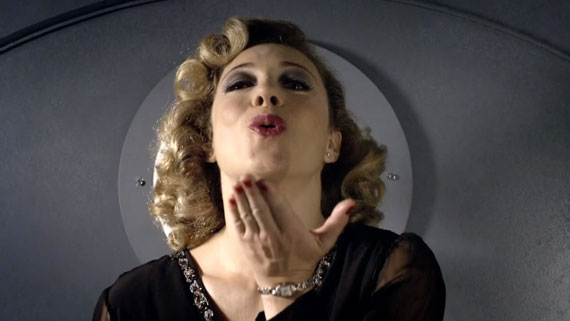Brainstorming Your Perfect Protagonist
Fiction readers love a great protagonist—someone who is multidimensional, dealing with lots of inner conflict, and passionate about something that…

Fiction readers love a great protagonist—someone who is multidimensional, dealing with lots of inner conflict, and passionate about something that…

UPCOMING: I’m doing a second workshop on crafting a terrific premise on February 21, 2-4 p.m. Pacific Time (it will be…

Today’s post is by screenwriter Neil Chase. There are many important elements to a successful murder mystery, but the hero…

The protagonist’s transformational journey is highlighted in countless stories, whether novels, movies, or plays. If you take time to examine…

Today’s guest post is by Steven-John Tait. If you’ve ever struggled to get under the skin of your protagonist, don’t…

Last week I introduce the idea that writers need to know some important things about their protagonist before starting to…

Most fiction writers know that character is at the heart of a story. Whether you are writing short or long…

If you’ve been following this blog all year, you may have noticed I haven’t gone into plot at all except…

I gave you my spiel last time on plotting and planning your novel in advance. I promise not to smack…

Subscribe to my email blasts to level up your writing and be notified of upcoming events and offers!
No products in the cart.